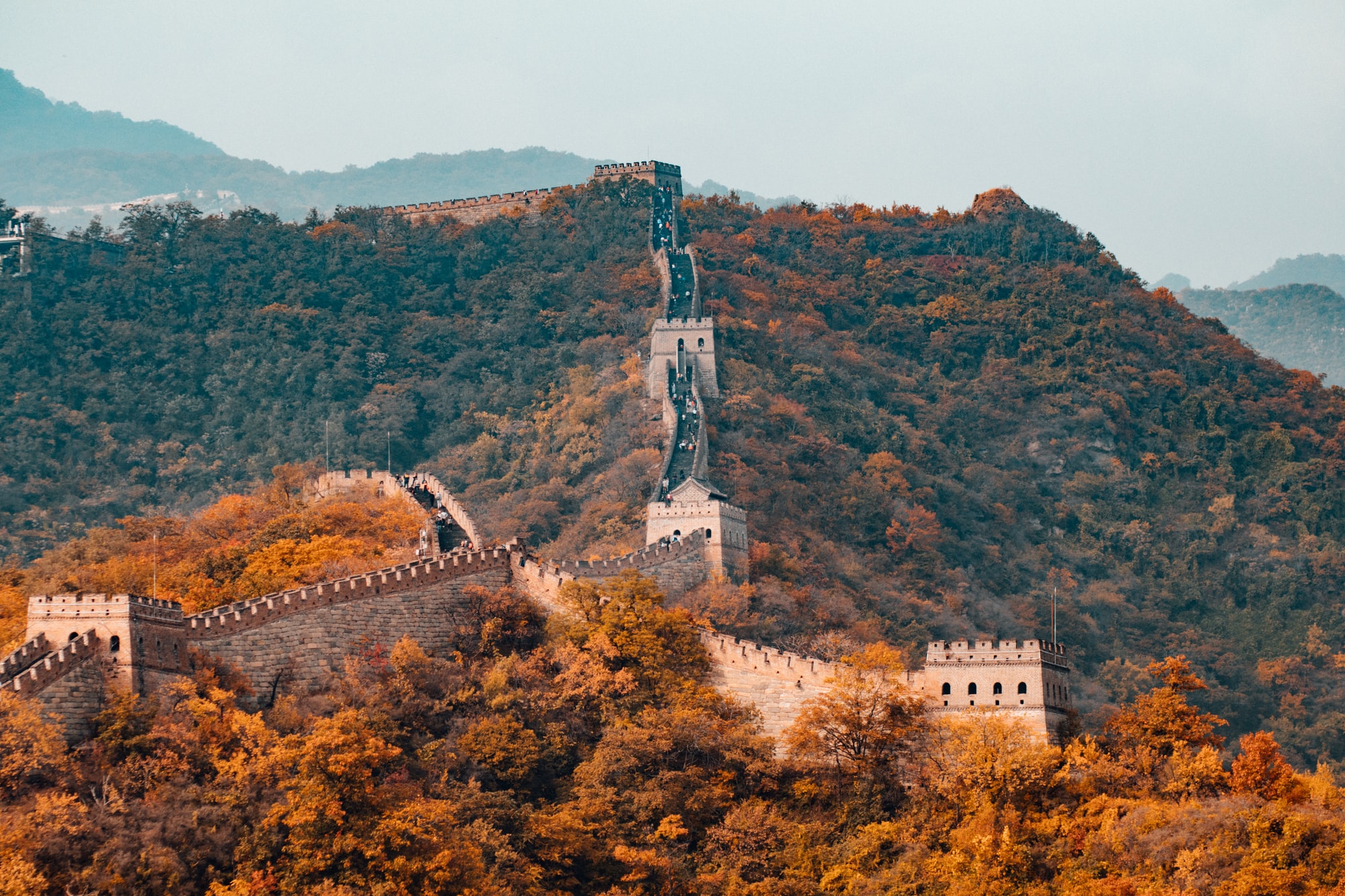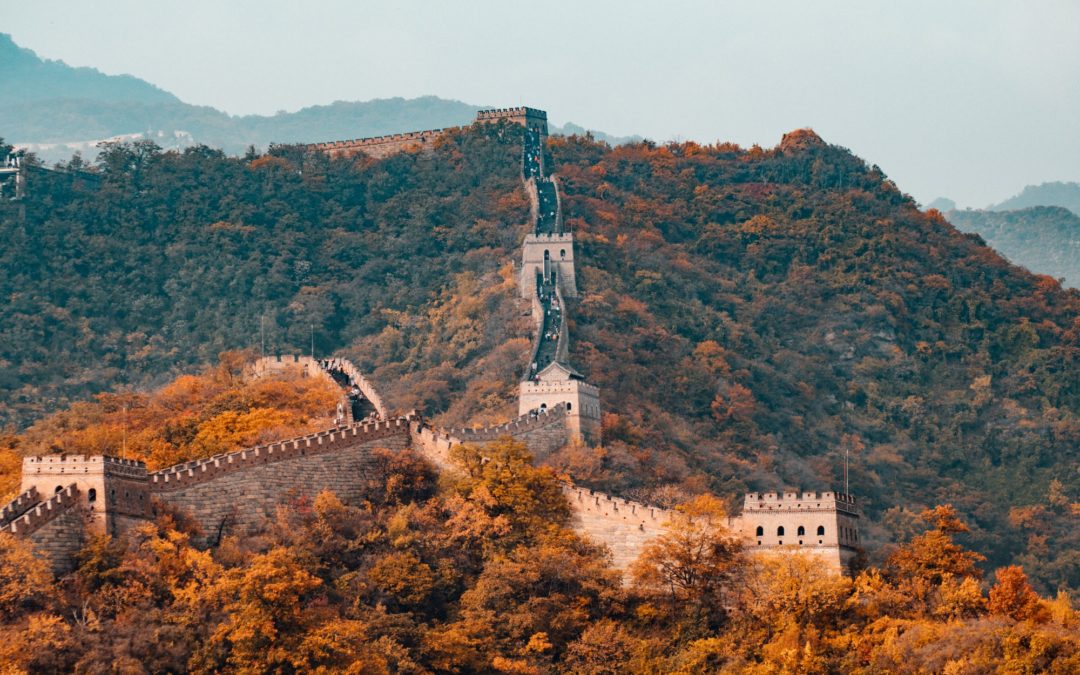
Several times I’ve talked to people returning from a trip to China and they are very impressed – and worried. Often the story goes something like this:
“Our Chinese hosts told us they had studied a new green and efficient way to build cities in country X. Then they went home and BOOM they had built ten cities like that. Now 15 million people live in them – in just four years! How are we going to compete with that?!”
If China can just command doing 10x of any good idea, how will a democratic country compete with that?
By making sure the democratic countries continuously evolve and remain the best place for new ideas.
Innovation at its core is ideas
If you boil down innovation to its core, it is ideas. Then of course you have to create something out of those ideas, but it all starts with an idea. And that idea is based upon millions of other ideas – knowledge. If you close yourself off from many of the other ideas, your new ideas won’t be very good, or that many. (I’ve written about this earlier, for example in Our collective intelligence shows why the future is bright.)
There is a perfect historical example of that: China.
“A thousand years ago, when Europe was considered so much of a backwater that much of it was not even worth raiding, the Chinese already navigated with the nautical compass, read books printed with movable type and fought with gunpowder…”
– Johan Norberg, Open: The Story of Human Progress

Open vs. closed China
During the Song dynasty (960-1297) China was one of the places in the world most open to new ideas. Everything is relative; this was by no means a democracy. But relative to other countries, China was open.
The Song dynasty lost to the Mongols that kept much of the openness, but when we enter the Ming dynasty they said that enough is enough. No more new ideas, thanks, except for one last high tech project: The Great Wall.

They destroyed their own ships, the greatest armada the world had seen so far, closed their borders and struck down hard on internal intellectual debate.
It was only in the early 1980s when Deng Xiaoping started opening up China again that we started to see some real progress. Hundreds of millions of people have left extreme poverty in China, and today’s Chinese are wealthier and healthier than ever.
As my example above points to, some have been copying ideas from other countries and implementing them in China. Nothing wrong with that, on the contrary. But of course there is also real innovation in China. Several impressive companies and people are leading innovation, not just copying.
But if that is the case, how can we compete with a country with 1.4 billion people?
Partly open is not enough for breakthrough innovation
Because it is not enough to be partly open. Imagine the progress China would have made if it by now would have been a democratic country. If the move from a completely shut down society under Mao, to a semi-open country under Deng Xiaoping created all that we see in China now, imagine how much more of that we would have had with even more openness.
Like Johan Norberg points out, the Chinese dictatorship hates surprises. Every surprise could lead to them losing power. Therefore only ideas that the government likes will have a future. And in those cases China often is a very good place for doing business and innovating.
But real innovation, real disruption, real progress is something the establishment is often against everywhere, not just in China. And when the establishment just can force you to quit, those revolutionary ideas never will be born. Or they will at least never be allowed to grow up.

The next internet will not be born in China, unless it turns democratic
The internet could never have been born in China. So the next internet, the next revolution of the same dignity as the internet will be born somewhere else.
Therefore, we must make sure that the democratic societies we live in are open to new ideas. It is messy and sometimes very annoying, but it is progress.
As long as the world keeps getting more democratic there is only one way China becomes the dominant power: If China becomes a democracy. Then China could become the strongest force for human progress in the world.
Mathias Sundin





